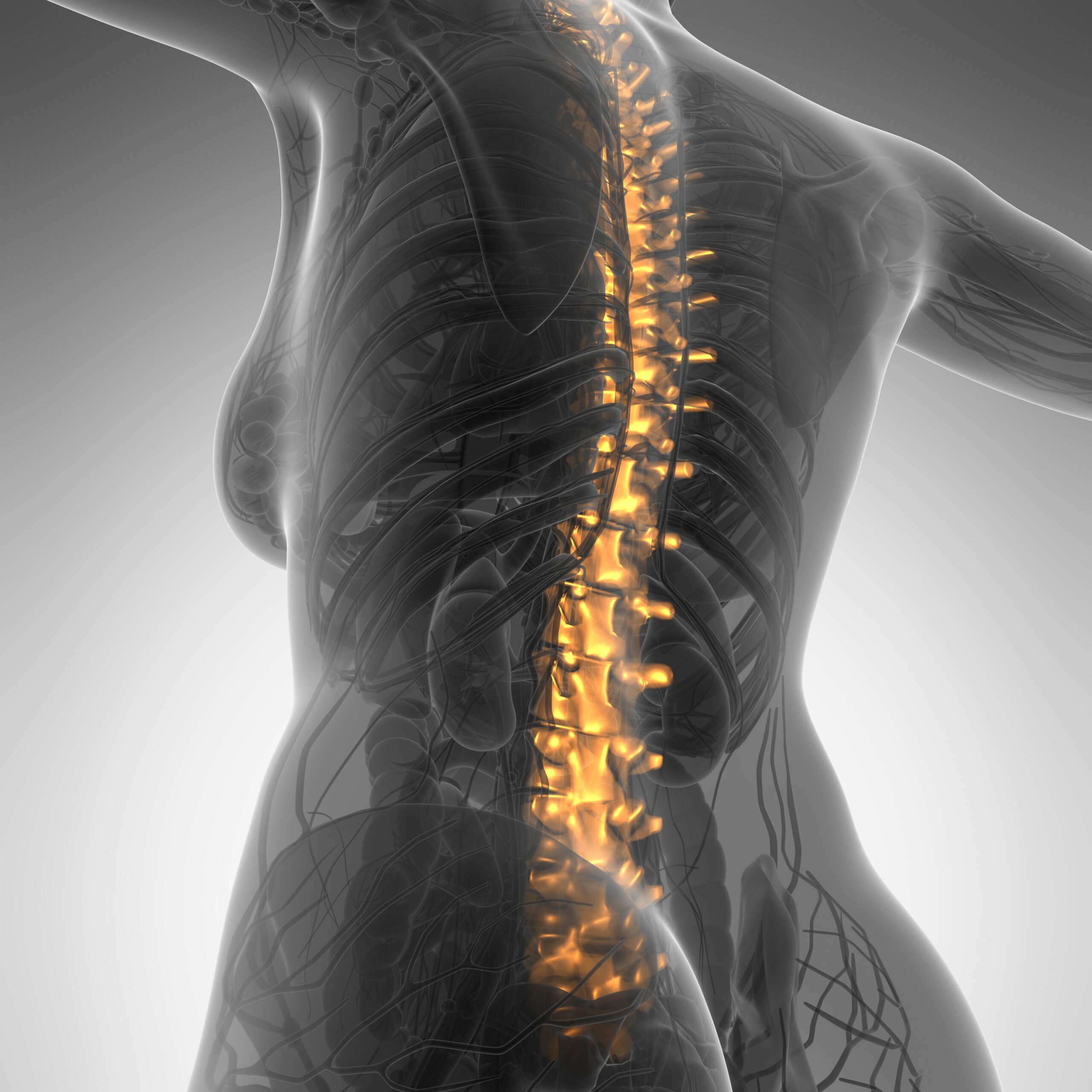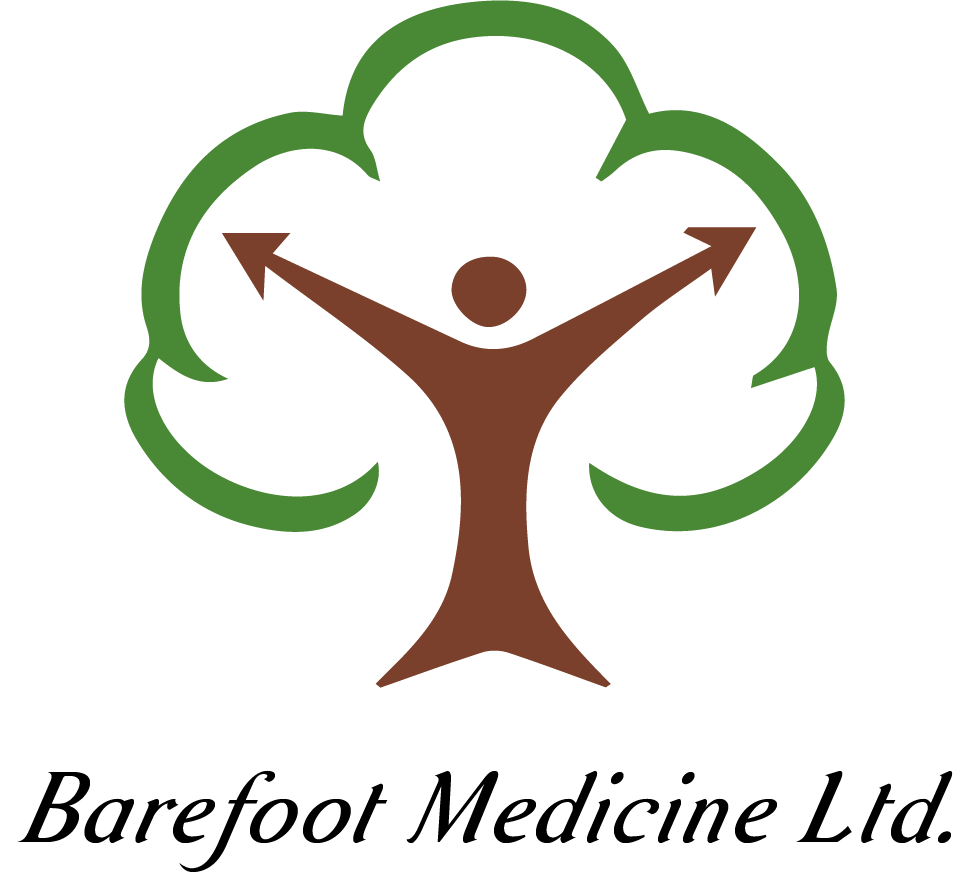
Functional Medicine has many options to prevent osteoporosis in menopause, but here are 8 suggestions for you to start with.
Osteoporosis is a condition that can occur in menopause due to the loss of estrogen. Estrogen helps to keep bones strong and healthy. When estrogen levels drop during menopause, bones can become weak and porous. This can lead to fractures and other problems.
There are several things that women can do to prevent osteoporosis during menopause. Here are 10 tips to get you started.
Do you get enough Calcium in your diet?
There are several things you can do to prevent osteoporosis, or to slow its progression. One of the most important things is to make sure you are getting enough calcium in your diet.
You can get calcium from dairy products, leafy green vegetables, and certain types of fish. You can also take calcium supplements to ensure you are getting enough of this important nutrient.
Ensure adequate levels of vitamin D, as this is necessary for calcium absorption
When it comes to preventing osteoporosis in menopause, one of the most important things you can do is to ensure adequate levels of vitamin D. This is because vitamin D is necessary for calcium absorption, and calcium is essential for strong bones.
There are several ways to get vitamin D, including through exposure to sunlight. Foods such as oily fish and egg yolks are are rich source of vitamin D and if you eat mushrooms, leave them on a windowsill in the sunlight an hour before you are ready to eat them, as they will absorb extra Vitamin D!
As you can see, it may be challenging for vegans to consume adequate amounts of Vitamin D, which is why many foods such as plant-based milk and vegan cheese are fortified with vitamin D.
Finally, if you still have concerns about your levels of Vitamin D and calcium, you can always take high quality supplements.
Consider wearing orthotic footwear to ease osteoporosis in menopause
Many ladies experience bone and joint pain during menopause and frequently a dull, lower backache. This is due to the changing hormone levels, but can be eased by wearing suitable cushioned footwear. If your shoes act as a ‘shock absorber’ while you walk, there is less pressure on your back, hips, joints and knees which will result in less damage.
I have teamed up with a US-based company called Orthofeet who have an amazing range of orthotic footwear that is stylish yet comfortable. I like this company because their footwear does not look ‘frumpy’ like so many others I have seen!
Try yoga or weight training to maintain bone density
Another way to prevent osteoporosis is to exercise regularly. Exercise helps to strengthen your bones and muscles, and it can also help improve your balance and coordination. This can help you avoid falls, which can lead to fractures.
Yoga and weight training are two excellent exercises for maintaining bone density. Both of these activities help to increase muscle strength and improve balance, which can help to reduce your risk of falls and fractures.
For convenience, I practice yoga using an online app called Yoga Download. There’s a great morning stretch from a guy called Kieth Allen which I find sets me up nicely for the day!
Keep hydrated by drinking at least 8 glasses of water per day
It is important to keep your body hydrated, especially during menopause. Drink at least 8 glasses of water per day to prevent osteoporosis.
Water helps to flush out toxins from your body and it also helps to keep your joints lubricated. This is important because during menopause, your estrogen levels drop, which can lead to joint pain.
Staying hydrated will also help to keep your skin looking healthy and prevent wrinkles. So drink up!
Acupuncture for Menopause
Acupuncture can help with many menopausal symptoms as it is a whole-body treatment, but it can also improve your digestive function to ensure you get more nutrients from your food. It can be used to help you maintain your ideal weight, which you probably find is fluctuating during menopause, and it can also help balance your mood.
With regard to osteoporosis, acupuncture can help musculo-skeletal aches and pains to give you greater ease of movement and help make you less prone to injury.
Functional Medicine for Menopause
If you are unsure whether you are menopausal or not, Simone can arrange for you to take a DUTCH test. This stands for Dried Urine Test for Complete Hormones and is a simple urine test you can do at home then send off to the laboratory. A few weeks later we will receive an extremely in-depth view of your hormonal balance so that we can get to the root cause of any symptoms you are having and also recognize the warning signs of anything that could be developing.
Herbal Remedies
Herbal infusions may be able to help you transition through menopause more smoothly by improving the quality of your sleep, regulating your moods and easing symptoms such as hot flushes and night sweats. Once this is all regulated, your body has more reserves to maintain homeostasis and reduce the risk of osteoporosis developing.
